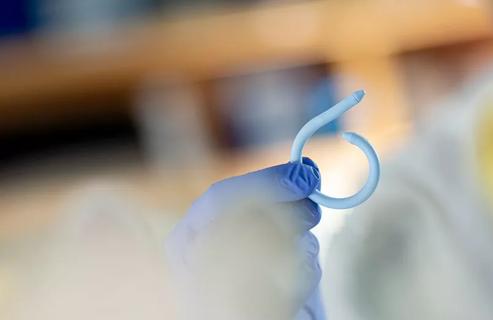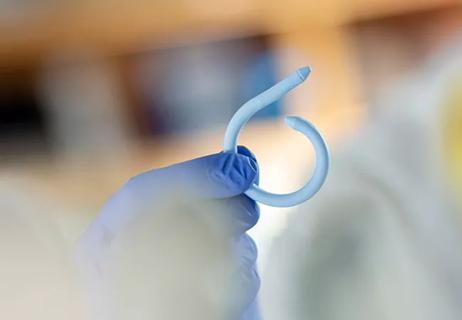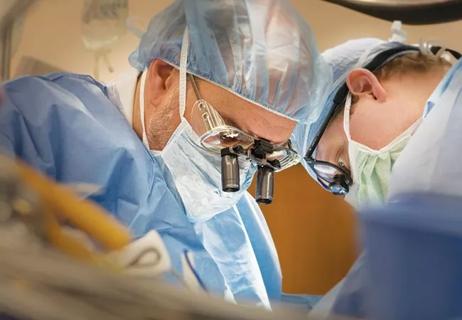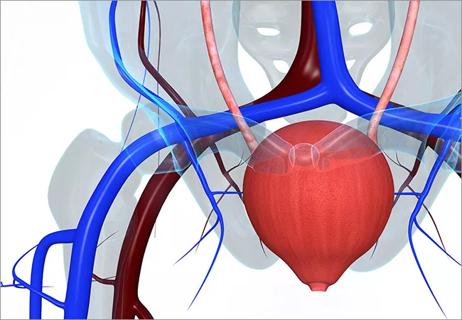Locations:

What it could mean for the future of ambulatory monitoring for bladder conditions

First in-human-trial for diagnostic bladder disorder device

Why setting patients’ expectations and an enhanced pathway might be the key
Advertisement
Cleveland Clinic is a non-profit academic medical center. Advertising on our site helps support our mission. We do not endorse non-Cleveland Clinic products or services. Policy

Recommendations for urological surgery during an uncertain time

Will new or improved modalities help patients accept more invasive treatment?
Advertisement
Advertisement